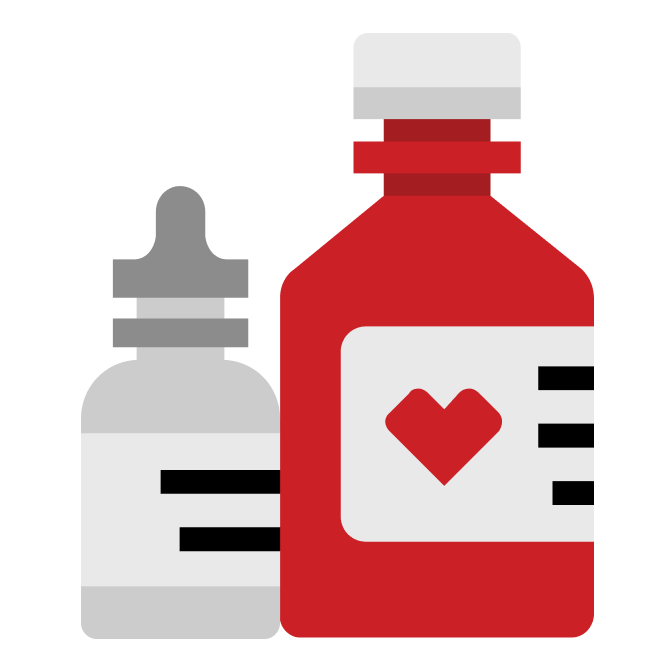Resource Center
You deserve easy access to the support that matters most to your health. Whether you’re a CVS Specialty patient or receiving care through Coram CVS Specialty Infusion Services, you can learn about specialized treatment and medication resources for your condition here through educational articles, how-to training videos and more.

Find out if your medication is available
Wondering if your medication is available? Simply view our drug list to quickly check if it’s in stock. With just a few clicks, you can get the answers you need, so you can get back to living your life.

Explore Specialty resources for your condition

Tips, tools and more
Discover specialized treatment and medication resources for your condition.
Commonly explored specialty conditions and treatments
“Goes above and beyond to answer all questions and help in any other way. They even do follow-up calls. Glad I found this specialty pharmacy!”
Alexander
CVS Specialty patient
Get the right Coram information for your therapy type
Support, resources and guidance
Find compassionate care and personalized resources to help you manage your condition with confidence.

